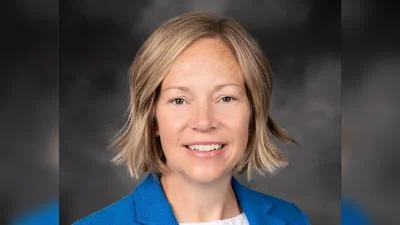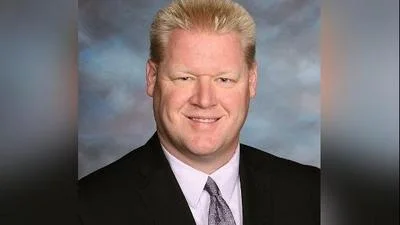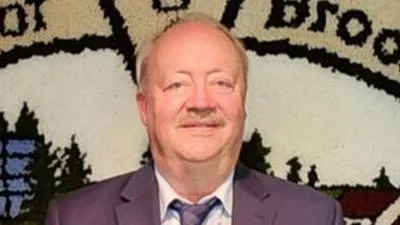Scott Allen, Wisconsin State Representative for 82nd District | Facebook
Scott Allen, Wisconsin State Representative for 82nd District | Facebook
According to the Wisconsin State Legislature's official website, the bill was described as follows: "possession of a firearm on school grounds by school employees and fees for licenses to carry a concealed weapon. (FE)".
The following is our breakdown, based on the actual bill text, and may include interpretation to clarify its provisions.
In essence, the bill allows school employees who hold a state-issued license to carry a concealed weapon to possess firearms on school grounds, provided the school board or governing entity has adopted a policy permitting such possession. Current state law, which does not permit licensees to carry firearms on school grounds, will be amended to align with federal law exceptions. Additionally, the bill waives the application fee, renewal fee, and background check fee for teachers applying for a concealed weapon license. Different types of schools, including public, charter, private, parochial, and tribal, would be required to adopt specific firearm policies for their employees under this legislation.
The bill was co-authored by Senator Cory Tomczyk (Republican-29th District), Representative Elijah R. Behnke (Republican-6th District), Representative Lindee Rae Brill (Republican-27th District), Representative Barbara Dittrich (Republican-99th District), and Representative Daniel Knodl (Republican-24th District). It was co-sponsored by Senator Steve L. Nass (Republican-11th District).
Scott Allen has co-authored or authored another 15 bills since the beginning of the 2025 session, with none of them being enacted.
Allen graduated from the University of Wisconsin-Milwaukee in 1989 with a BA.
Allen, a Republican, was elected to the Wisconsin State Assembly in 2025 to represent the state's 82nd Assembly district, replacing previous state representative Chuck Wichgers.
In Wisconsin, the legislative process starts when a senator, constituent, group, or agency proposes an idea for a bill. After drafting, the bill is introduced, numbered, and referred to a committee for review and public input. If approved, it moves through three readings and votes in both the Senate and Assembly. Once both chambers pass the same version, the bill goes to the governor, who can sign it, veto it, or let it become law without a signature. Only a small share of bills introduced each session ultimately become law. You can learn more about the Wisconsin legislative process here.
| Bill Number | Date Introduced | Short Description |
|---|---|---|
| AB55 | 02/24/2025 | Possession of a firearm on school grounds by school employees and fees for licenses to carry a concealed weapon. (FE) |
| AB40 | 02/17/2025 | School safety grants and making an appropriation. (FE) |
| AB39 | 02/17/2025 | Requiring state employees to perform their work at the offices of their employer |
| AB37 | 02/17/2025 | Personalized registration plate fees for gold star family special registration plates. (FE) |
| AB20 | 02/06/2025 | Allowing certain married persons to claim the earned income tax credit when filing a separate return. (FE) |
| AB19 | 02/06/2025 | Increased penalties for crimes against adults at risk; restraining orders for adults at risk; freezing assets of a defendant charged with financial exploitation of an adult at risk; sexual assault of an adult at risk; and providing a penalty |






 Alerts Sign-up
Alerts Sign-up